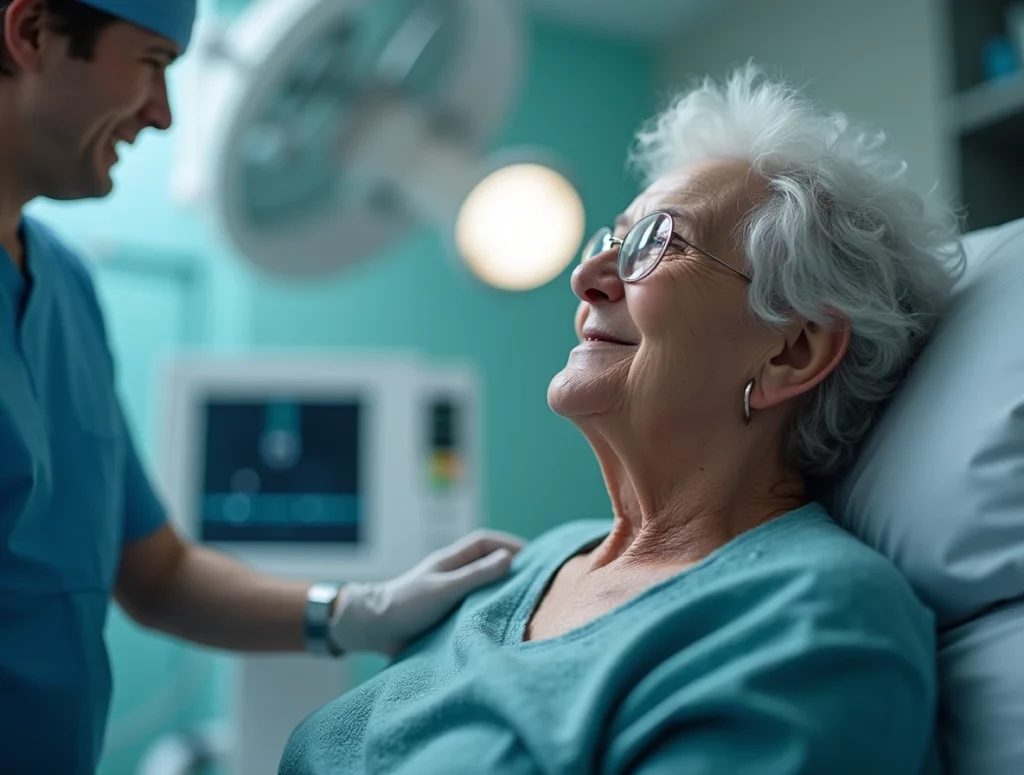Singapore doctors have achieved a groundbreaking milestone in cancer treatment with the development of a novel cell therapy showing remarkable promise for patients with treatment-resistant T-cell acute lymphoblastic leukemia (T-ALL). This experimental therapy, featured on Channel News Asia, offers new hope for individuals who have exhausted conventional treatment options.

A Novel Approach to Leukemia Treatment
The therapy utilizes CAR T-cells, which are immune cells genetically engineered to target and eliminate cancer cells. In this case, the CAR T-cells are designed to recognize and attack a protein called CD7, commonly found on the surface of T-cell leukemia cells.
To prevent the engineered cells from targeting healthy T-cells, a crucial safety feature has been incorporated into the treatment. A blocker is introduced alongside the CAR T-cells, ensuring that the therapy specifically targets cancerous cells while sparing healthy ones.
Remarkable Results in Clinical Trials
The experimental CAR T-cell therapy underwent rigorous clinical trials involving 17 patients between the ages of 2 and 72. All participants had T-ALL and had previously relapsed after standard chemotherapy or proved unresponsive to initial treatment, highlighting the severity and urgency of their condition.
The results of the clinical trial were astounding. An impressive 16 out of the 17 patients achieved complete remission within a month of receiving the treatment. The leukemia cells became undetectable even with highly sensitive tests, underscoring the potency of this novel approach.
Patient Stories: Triumph Over Leukemia
The impact of this revolutionary therapy is best illustrated through the stories of individuals who have benefited from its success. One remarkable case is that of Hannah Thomas, an Australian woman whose T-ALL returned after initial treatment. Traveling to Singapore, she underwent the experimental therapy and achieved complete remission, a victory that allowed her to celebrate her wedding in May 2023.
Another inspiring story is that of five-year-old British boy Oscar Saxelby-Lee. Diagnosed with an aggressive form of T-ALL, Oscar became the second child globally to receive this groundbreaking CAR T-cell therapy in Singapore. Despite the challenges posed by his condition, Oscar demonstrated positive responses to the treatment.
Singaporean Innovation in Cancer Research
The development of this revolutionary therapy is a testament to the dedication and expertise of Singaporean researchers and clinicians. The team, comprising experts from the Yong Loo Lin School of Medicine at the National University of Singapore (NUS) and the National University Health System (NUHS), developed the therapy in-house, marking a significant achievement for Singapore’s medical research landscape.
Adding further weight to their findings, the team published the results of this groundbreaking clinical trial in the esteemed medical journal Nature Medicine, solidifying the significance of their work within the global medical community.
A Brighter Future for Leukemia Patients
Significantly, the therapy has demonstrated an impressive safety profile. Patients experienced only mild side effects, highlighting its tolerability and potential for broader application. Further bolstering confidence in its long-term efficacy, the first patient to receive this treatment has remained in remission for five years without requiring further chemotherapy or a bone marrow transplant, a testament to its potential curative properties.
The research team remains dedicated to refining and expanding the reach of this groundbreaking therapy, driven by an unwavering commitment to improving the lives of patients battling complex and treatment-resistant cancers. Their work represents a beacon of hope, illuminating the path toward a future where such diseases can be effectively cured.
Frequently Asked Questions (FAQs)
What is CAR T-cell therapy?
CAR T-cell therapy is a type of immunotherapy that involves collecting and genetically modifying a patient’s own immune cells (T-cells) to recognize and attack cancer cells.
How does this CAR T-cell therapy differ from others?
This specific CAR T-cell therapy targets the CD7 protein found on T-cell leukemia cells and incorporates a blocker to prevent attacks on healthy T-cells, enhancing its safety profile.
Who is eligible for this treatment?
Currently, the therapy is still in clinical trials and is intended for patients with treatment-resistant T-cell acute lymphoblastic leukemia (T-ALL) who have not responded to conventional therapies.
What are the side effects of this therapy?
Clinical trials have shown that the therapy is well-tolerated with mild side effects.
What is the long-term outlook for patients who undergo this therapy?
While more research is needed, early results are promising, with some patients achieving long-term remission. The first patient treated with this therapy remains in remission after five years.
Conclusion
The development of this novel CAR T-cell therapy by Singapore doctors signifies a paradigm shift in treating treatment-resistant T-cell acute lymphoblastic leukemia. The remarkable results seen in clinical trials, coupled with the inspiring stories of patients like Hannah Thomas and Oscar Saxelby-Lee, offer genuine hope for individuals and families affected by this challenging disease.
As research continues, this innovative therapy has the potential to revolutionize cancer treatment, paving the way for a future where more patients can achieve long-term remission and improved quality of life.
Source: Channel News Asia
